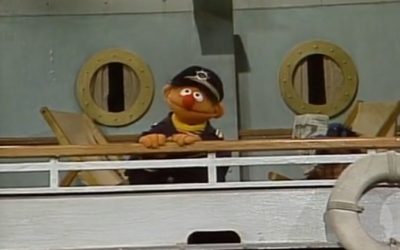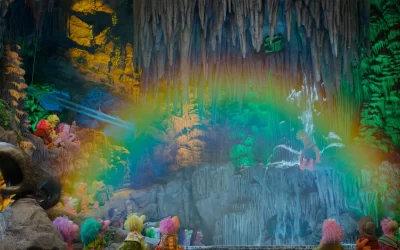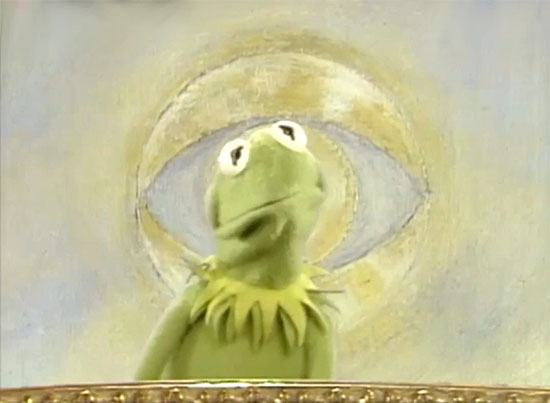
If you read our recent ranked list of post-Muppet Show Muppet episodes, you probably noticed that none of those Muppet revivals ran for very long. Yet I find myself hopeful that Muppets Now will find the success that eluded the previous three attempts. Why am I so optimistic? Muppets Now is streaming on Disney+, and the other shows all aired on network TV.
Look, I know that streaming is the hot new thing and network TV is old-fashioned. It’s easy to say “Maybe the Muppets will hop on board the hot new thing and finally have a huge comeback!” But it isn’t about that. The Muppets have *always* failed on network TV in the US, and all of their successes have been on new broadcast venues. Let’s examine the evidence from history.
First, their four failed network shows:
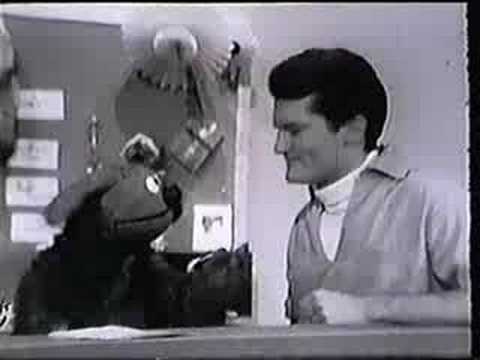
Our Place (1967) aired on CBS in the summer of 1967. Rowlf the Dog had been a successful part of The Jimmy Dean Show for three years, so CBS gave him the chance to host his own show. Like most summer replacement shows, it ended in September. Yes, this is a real show, and it aired ten episodes.
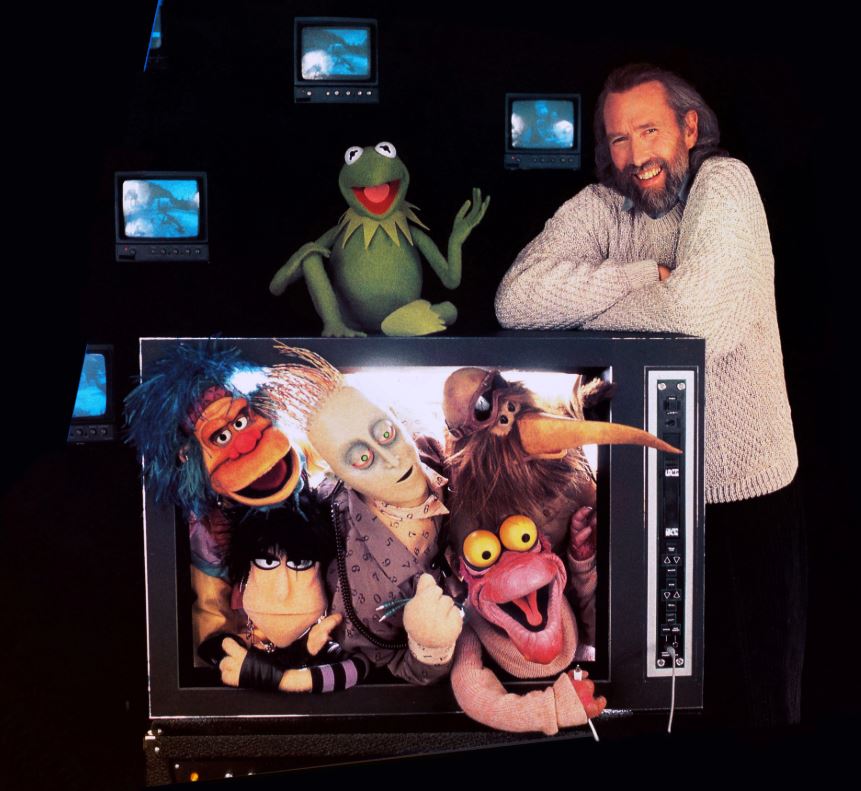
The Jim Henson Hour (1989) made twelve episodes, and NBC canceled it after airing nine of them. Two of the other three aired on other networks over the next few years, and the last one still hasn’t aired on television in the US.

Muppets Tonight! (1996-1997) was canceled by ABC after airing ten of its thirteen episodes. The Disney Channel picked it up and made another season, but it only made 22 episodes total.
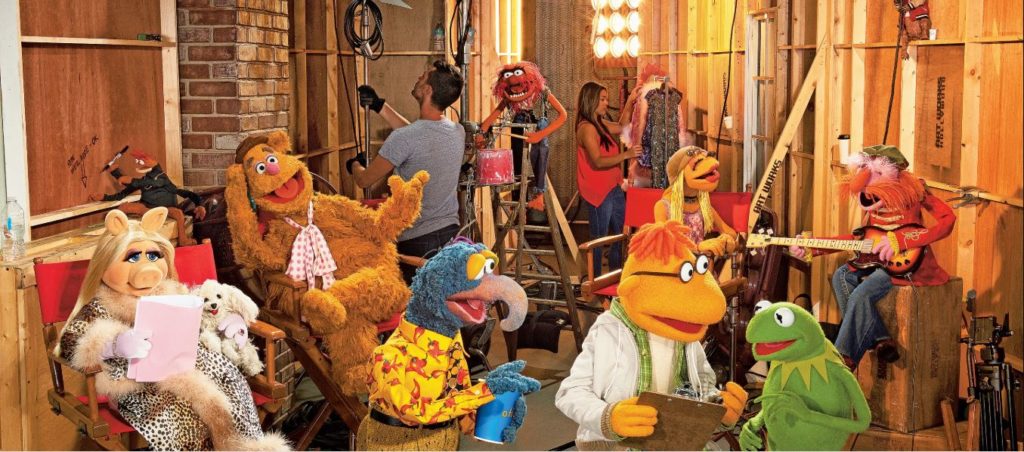
The Muppets (2015-2016) got to air all 16 of its episodes on ABC, but then it was canceled without a second season. So that’s progress, I guess?
Next, let’s take a look at the Muppets’ successful history with new, exciting, non-network broadcasting venues:
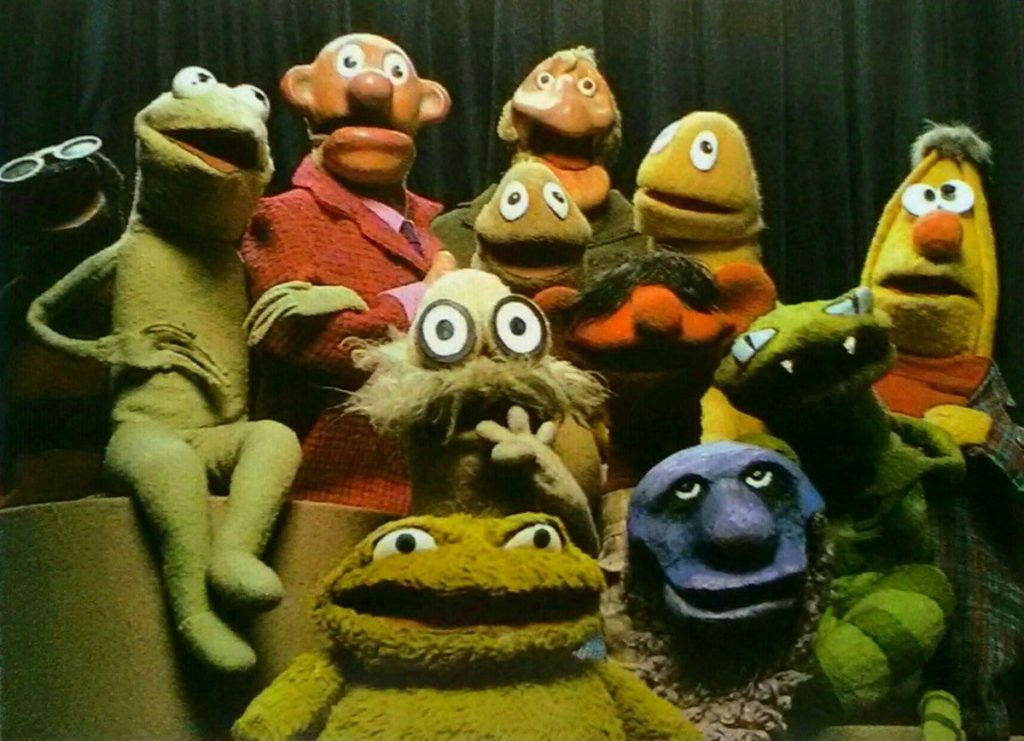
Sam & Friends (1955-1961) was a five-minute local show in Washington, DC. It ran for 6 ½ years and aired hundreds of segments. In the mid-1950s, TV was still relatively new, and stations made more room for locally-produced programming. Something like Sam & Friends would never have gotten the green light as a national show, but as a local show it allowed Jim Henson to experiment and grow as a young performer.
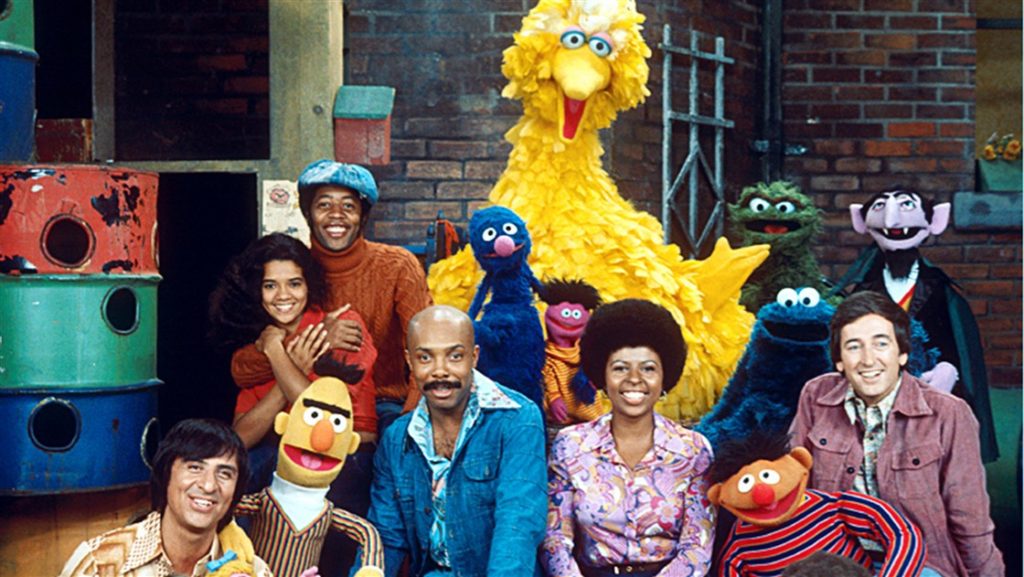
Sesame Street (1969-Present) went on the air just as National Education Television (NET) was transitioning to its new identity as PBS. It was one of the first shows PBS designed to air nationally, and it was created in a way no network would allow: with extensive curriculum research, and without commercials. PBS had the patience to air 130 episodes in the first year, and now it has aired thousands.
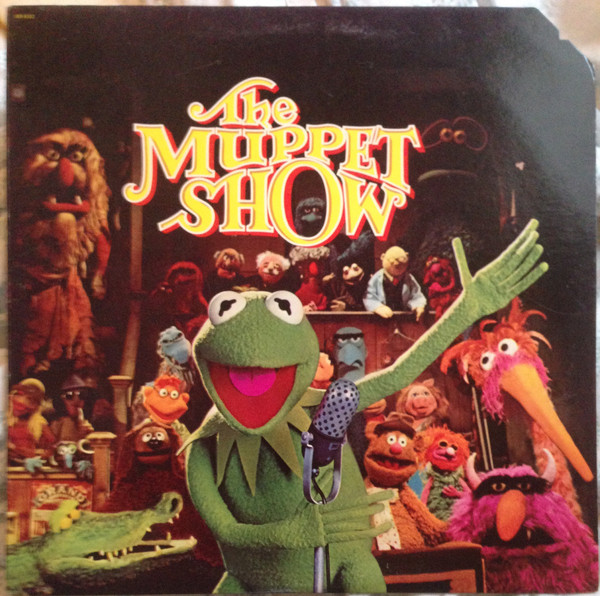
The Muppet Show (1976-1981) couldn’t get in the door at the networks, so Jim Henson sold it through first-run syndication. That means individual stations picked it up to air whenever they wanted. It actually debuted just as variety shows were going out of style on network. It likely would have been short-lived as a network show, but it became a big hit in the new world of syndication, eventually airing 120 episodes in over 100 countries.
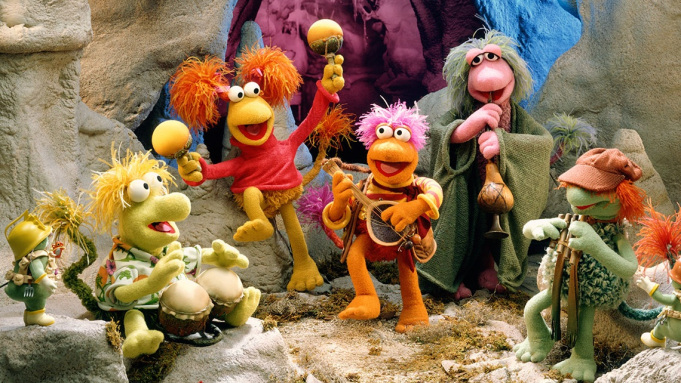
Fraggle Rock (1983-1987) was HBO’s first original series. Not their first original *children’s* series, their first one ever. Every HBO show from Larry Sanders to Game of Thrones has been standing in its shadow. It was a co-production with Canada’s CBC, which allowed HBO to keep it on the air for four years and 96 episodes.
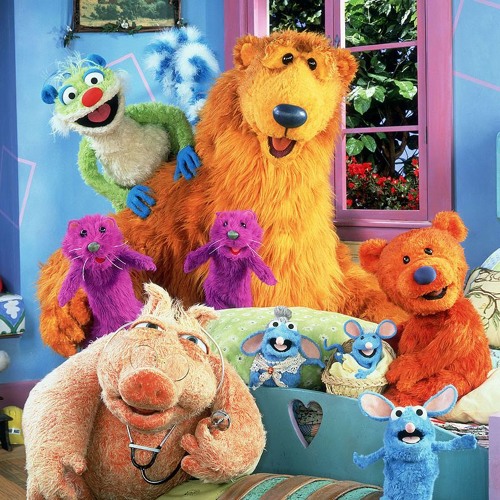
Bear in the Big Blue House (1997-2001) was one of Disney Channel’s first preschool shows. Preschool programming on cable was becoming a big deal in the 1990s. Nickelodeon’s Blue Clues had premiered just a year earlier, and when Disney wanted a piece of that Blue’s Clues pie, they turned to the Muppets to create something new for them. The show was a hit, running for 117 episodes.
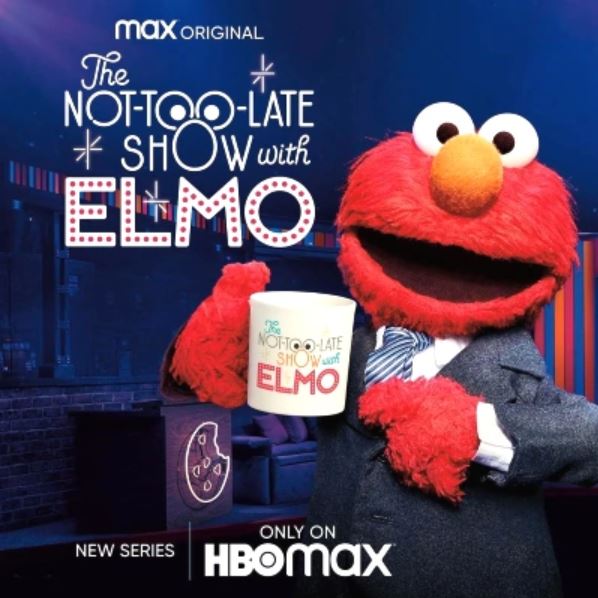
Additionally, Muppets have already had one big hit for a streaming service. The Not-Too-Late Show with Elmo (2020) has only aired twelve episodes so far, but it has been one of HBO Max’s most acclaimed series. Frankly, it’s also a lot more entertaining for adult fans than Sesame Street itself has been in many years.
Here’s the thing: The Muppets are a bunch of weirdos. That’s their whole deal. Network TV is for the mainstream, and the Muppets thrive in offbeat and bizarre spaces. So it makes sense that they could never make it as a primetime network TV show.
There’s a whole lot more room for offbeat and bizarre in the world of streaming than there was on NBC or ABC primetime. Hopefully the Muppets will be able to make the best of this strange new world, just like they always have.
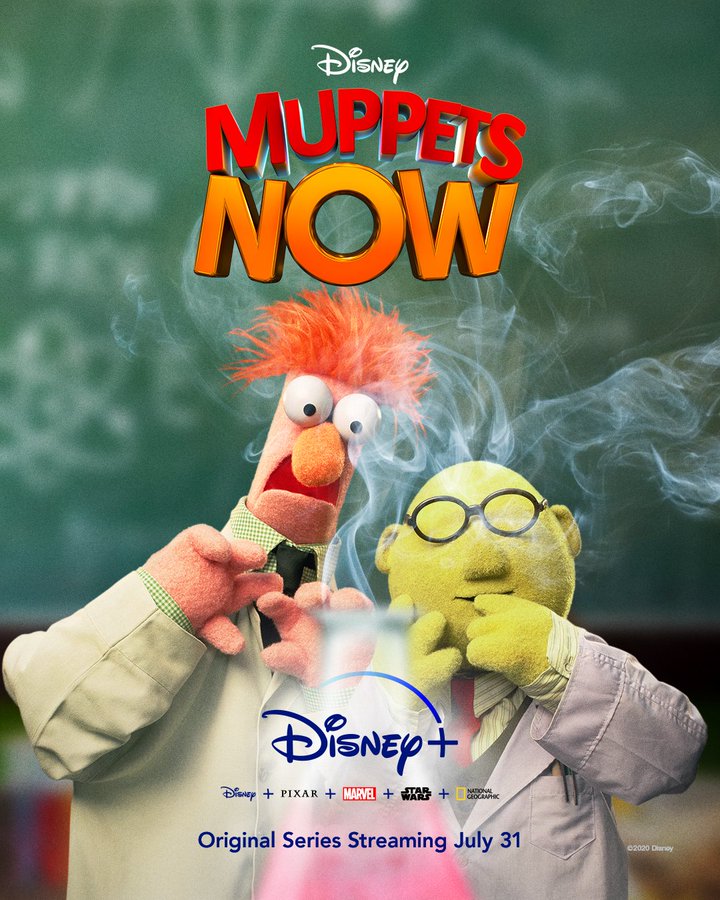
Click here to be canceled after ten episodes on the Tough Pigs forum!
by Anthony Strand

